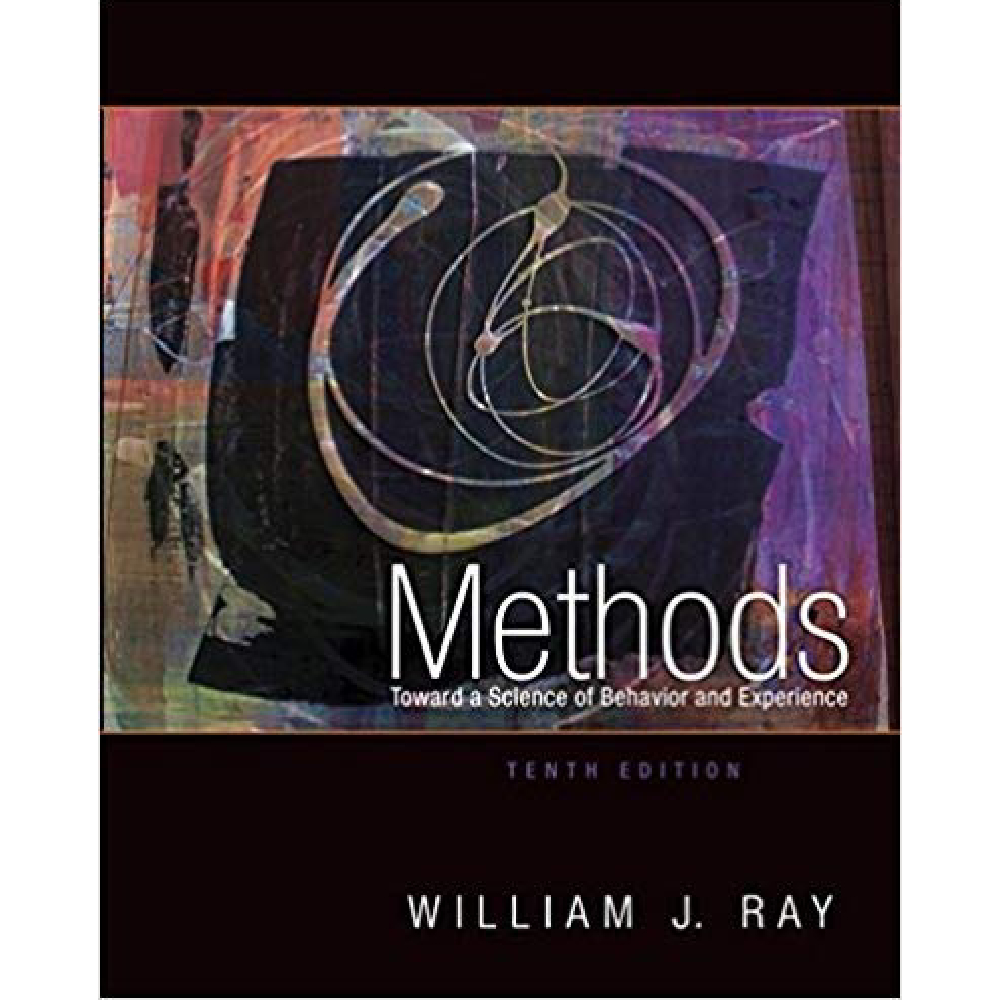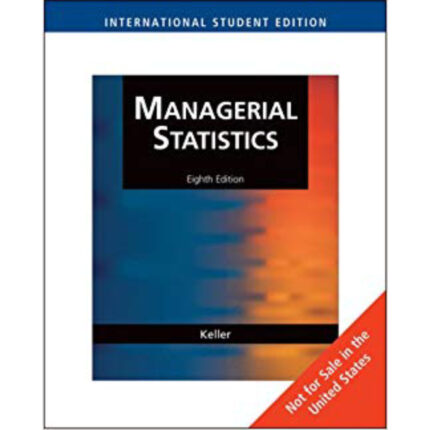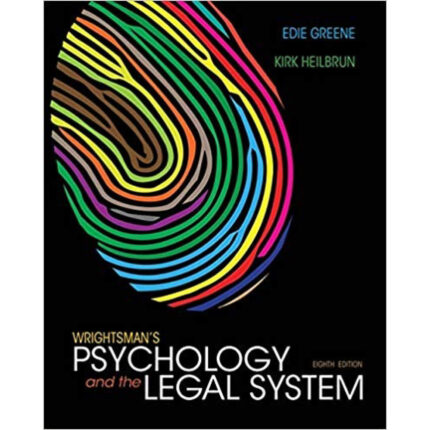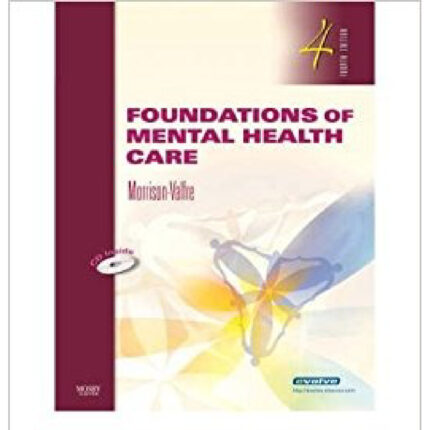MULTIPLE CHOICE
1. Because culture shapes the way we view the world, it is important to:
a. define constructs operationally.
b. perform experiments only in your own culture.
c. study only culturally relevant topics.
d. select participants from your own culture.
ANS: A PTS: 1 REF: Introduction MSC: WWW
2. One perspective argues that all human experimentation is really a(n):
a. attempt to know the unknown.
b. exercise in defining the vague in concrete ways.
c. social event.
d. theoretical leap of faith.
ANS: C PTS: 1 REF: Introduction
3. The Leipzig model of research involved ____, while the Paris model emphasized ____.
a. quasi-experimentation; experimentation
b. little distinction between participant and researcher; clear distinction between participant and researcher
c. operational definitions; introspection
d. clear distinction between participant and researcher; little distinction between participant and researcher
ANS: B PTS: 1 REF: Introduction
4. The Leipzig model was typified by the research of ____.
a. Danziger
b. Wundt
c. Petrinovich
d. none of these
ANS: B PTS: 1 REF: Introduction
5. “I want to examine my subjective reactions to environmental variables.” This statement best demonstrates the ____ model.
a. Leipzig
b. Paris
c. Geneva
d. London
ANS: A PTS: 1 REF: Introduction
6. According to Danziger, which model of ecology has most influenced experimentation in American psychology?
a. Geneva
b. Leipzig
c. Paris
d. London
ANS: C PTS: 1 REF: Introduction
7. Between-subjects and within-subjects designs are most consistent with the ____ model of ecology.
a. Geneva
b. Leipzig
c. London
d. Paris
ANS: D PTS: 1 REF: Introduction MSC: WWW
8. The term that refers to the relationship between organisms and their environment is called:
a. ethology.
b. ecology.
c. etymology.
d. entomology.
ANS: B PTS: 1 REF: Ecology
9. Ecology of the psychological experiment is concerned with the interactions among:
a. scientist, participant, and situation
b. scientist, participant, and witness
c. context, culture, and environment
d. two or more independent variables
ANS: A PTS: 1 REF: Ecology
10. Ecological validity can be threatened by:
a. experimenter bias.
b. the Hawthorne effect.
c. demand characteristics.
d. all of these
ANS: D PTS: 1 REF: Ecology













Reviews
There are no reviews yet.